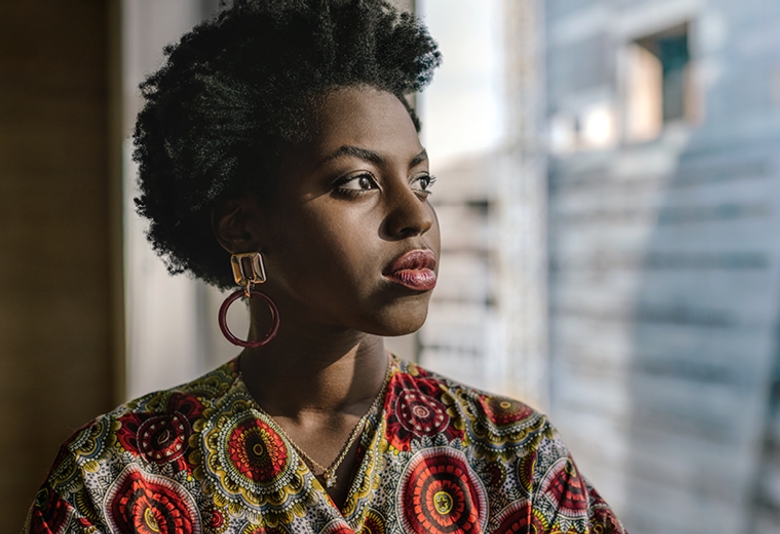According to a report by the Joint United Nations Programme on HIV/AIDS (UNAIDS) and Nigeria’s National Agency for the Control of AIDS (NACA), about 1 million (53%) of the total 1.9 million people living with HIV in Nigeria are women above 15 years of age. Which means they are of reproductive age. Some are adolescents who do not plan to have a baby anytime soon. Others are young women who want to avoid pregnancy and space childbirth. While many are women who do not want babies anymore.
Whatever the choices of these women and adolescents are, they have the right to know about contraceptive methods. And they should be able to access contraception services without shame and judgement.
However, the reality is not such. At an event organised to discuss reproductive health challenges faced by women living with HIV, participants had many complaints.
tes
Stigma
One of the participants Yoruba* shared that she used birth control injection for a year even though it was not her preferred method of contraception. But she stopped when she couldn’t switch to another method. She said an official at the family planning clinic, where she took her injection, told her aggressively that she cannot use birth control implants because she would have to disclose her HIV status every time she goes for her appointments. Discouraged from switching to implants and burdened by frequent visits to get a shot, Yoruba stopped using her contraceptive method altogether.
Many people living with HIV have similar experiences, despite the fact that Nigeria has an anti-discrimination law that protects the rights and dignity of people living with HIV.
As with Yoruba, judgement and stigma affect the uptake of contraceptives by people living with HIV. To address this issue, in September, an advocacy group urged the Nigerian government to close the gap of unmet need for contraception for women living with HIV. Despite the commitment of the Nigerian government to achieving a modern contraceptive prevalence rate of 27% among all women aged 15 to 49, regardless of marital status, by 2020, there has been little or no consideration of designing birth control programs in the context of HIV/AIDS prevention.
Lack of Information
Another event participant, Ndidi*, said the clinic where she goes for her antiretroviral therapy oftentimes doesn’t give birth control information. “I no too know about family planning like that. And I no do am make e no go affect the HIV drug wey I dey use,” Ndidi said in Pidgin. She meant she doesn’t have enough information about family planning methods. And that she didn’t start using any because she isn’t sure if they will affect her antiretroviral drug or not.
When asked if she would use a contraceptive method if it doesn’t affect her HIV treatment, Ndidi said yes. Because she would like to prevent pregnancy.
Contraception and HIV
According to the World Health Organization, all contraception methods are generally safe for women living with HIV and they have no effect on the antiretroviral drug. Condoms are vital but many find it difficult to negotiate sex with a condom. And that’s why so many of them depend on other methods of contraceptives to prevent pregnancy.
Contraceptive usage must be encouraged amongst women and adolescent girls living with HIV. This is important especially as a response to the infection and achieving gender equality. On World AIDS Day, let’s reiterate Nigeria’s commitment to end AIDS and the unmet need for contraception by 2030. Now more than ever, during the COVID-19 crisis, health and development of women living with HIV must be prioritized. Because there is no getting to zero without all women.
*Names have been changed to protect the identity of the participants.
Do you have something to share? Leave your comments below, contact us on our social media platforms: Facebook, Instagram and Twitter or send us an email to info@findmymethod.org. For more information on contraception, visit findmymethod.org
About the author: Iwatutu Joyce Adewole is an activist working with youth-led organizations. She develops policies and evidence-based programs around sexual and reproductive health and rights, HIV/AIDS prevention and treatment.


